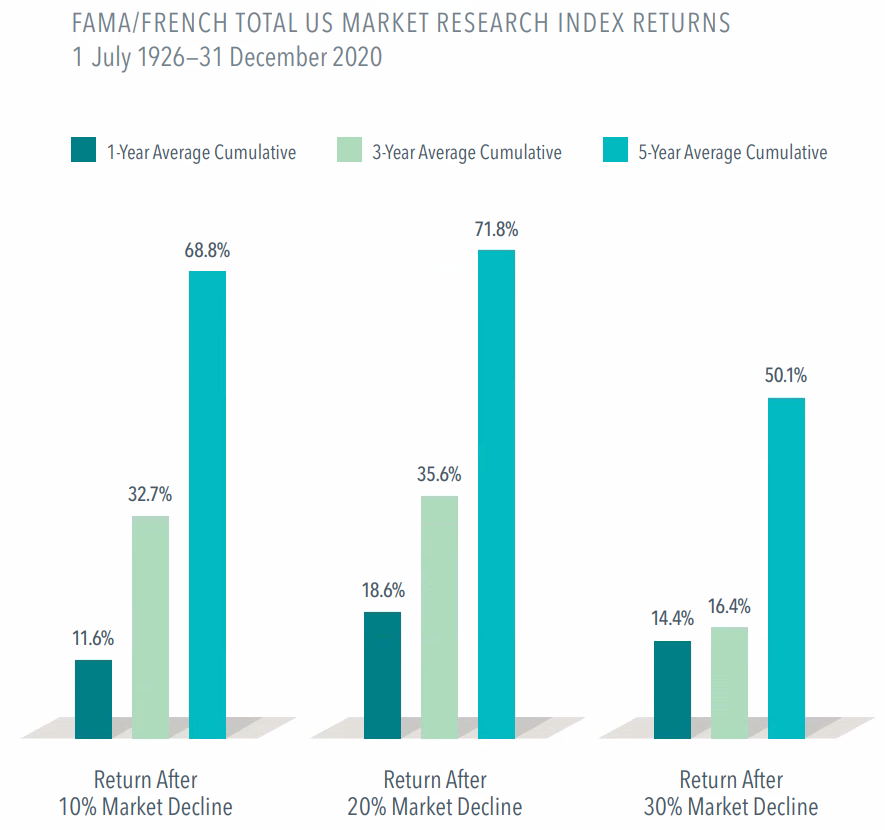12/2024
By Stetson Ponder
As we come to the end of 2024, many families and individuals find themselves reflecting on the year that was. A portion of this reflection certainly involves their financial health and ways to improve for the upcoming year. At Cahaba Wealth, here is an overview of tax-planning strategies that we use to ensure our clients are as tax-efficient as possible.
Tax Loss Harvesting
- In taxable accounts, taking a capital loss can be a strategic way to offset other capital gains that may have occurred over the year.
- Selling off long-term investments at a loss and reinvesting them in similar positions allows you to “harvest” the negative return while maintaining the integrity of the portfolio.
- In general, we look for these opportunities during periods of market volatility.
- We also look for areas where capital gains may be harvested for those in the 0% capital gains tax bracket (those in lower-income filings).
Required Minimum Distributions
- Those who turn 73 or older this year must take required minimum distributions (RMDs) from their IRA accounts by April 1, 2025.
- Donating to qualified charities by way of Qualified Charitable Distributions (QCDs) for those 70 ½ years or older is a way to lower your taxable income and maximize your charitable income.
- At Cahaba Wealth, we work individually with our clients to strategize the best way to disperse each respective account’s RMD.
Roth Conversions
- With a Roth IRA, contributions are made with after-tax dollars and earnings can grow tax-free. In addition, Roth IRAs do not have RMDs associated with them, allowing your investments a longer time horizon.
- A Roth conversion involves transferring retirement assets from a traditional IRA, SEP IRA, or 401(k) plan into a Roth IRA.
- Roth accounts can be beneficial if you expect to be in a higher tax bracket in retirement or if you want to reduce your taxable income in retirement.
- Roth Conversions should be considered carefully, as these conversions are irreversible and have significant tax implications.
- If you have questions about your specific situation and whether a Roth conversion may be for you, Cahaba Wealth would be more than happy to help you think through this process.
Retirement Account Contributions
- Maximizing your contributions to tax-advantaged retirement accounts lowers your taxable income for the year.
- Contribution limits to IRAs for those under 50 is $7,000 this year and an additional $1,000 for those over 50. This limit includes contributions to both a traditional and a Roth IRA.
- Contribution limits to 401(k) plans are capped at $23,000 this year for those under 50. “Catch-up” contributions of up to $7,500 are available to those over 50.
- The contribution limit to SIMPLE IRA plans is $16,000, with an additional $3,500 for those 50 and older.
- Contributions that can be deducted from SEP IRA plans are limited to either 25% of the employee’s pay or $69,000, whichever is less.
Charitable Giving
- Donations to qualified 501(c)(3) organizations can be deducted on a tax return.
- Deciding on a donation amount and charity by year-end enables you to make the contribution and receive the associated tax benefits in the same year.
- Consider donating appreciated securities to avoid capital gains on highly appreciated assets.
Stay Informed and Prepared
Effective end-of-year tax preparation involves multiple facets, and there is no “one size fits all” answer to any tax situation. Your unique financial situation, goals, and life stage will predicate which strategies are best for you.
Reach Out
At Cahaba, our strategy aims to wholly encompass everything that makes you and your family unique when creating a tailored financial plan. If any of these topics spark your interest or you generally would like more financial guidance, please contact our team.
Sources
- https://sites.wf.com/tax-planning-guide-2024
- https://www.cnb.com/personal-banking/insights/IRA-limits.html
- https://www.schwab.com/learn/story/year-end-portfolio-checkup-5-tax-smart-tips
- https://www.capitalgroup.com/individual/planning/retirement-planning/plan-contribution-limits.html
- https://privatebank.jpmorgan.com/nam/en/insights/markets-and-investing/ideas-and-insights/5-tax-planning-actions-to-take-before-year-end
Stetson Ponder is a Financial Planning Analyst in the Atlanta office of Cahaba Wealth Management, www.cahabawealth.com.
Cahaba Wealth Management is registered as an investment adviser with the SEC and only transacts business in states where it is properly registered, or is excluded or exempted from registration requirements. Registration as an investment adviser does not constitute an endorsement of the firm by the SEC nor does it indicate that the adviser has attained a particular level of skill or ability. Cahaba Wealth Management is not engaged in the practice of law or accounting. Always consult an attorney or tax professional regarding your specific legal or tax situation. Content should not be construed as personalized investment advice. The opinions in this materials are for general information, and not intended to provide specific investment advice or recommendations for an individual. Content should not be regarded as a complete analysis of the subjects discussed. To determine which investment(s) may be appropriate for you, consult your financial advisor.


